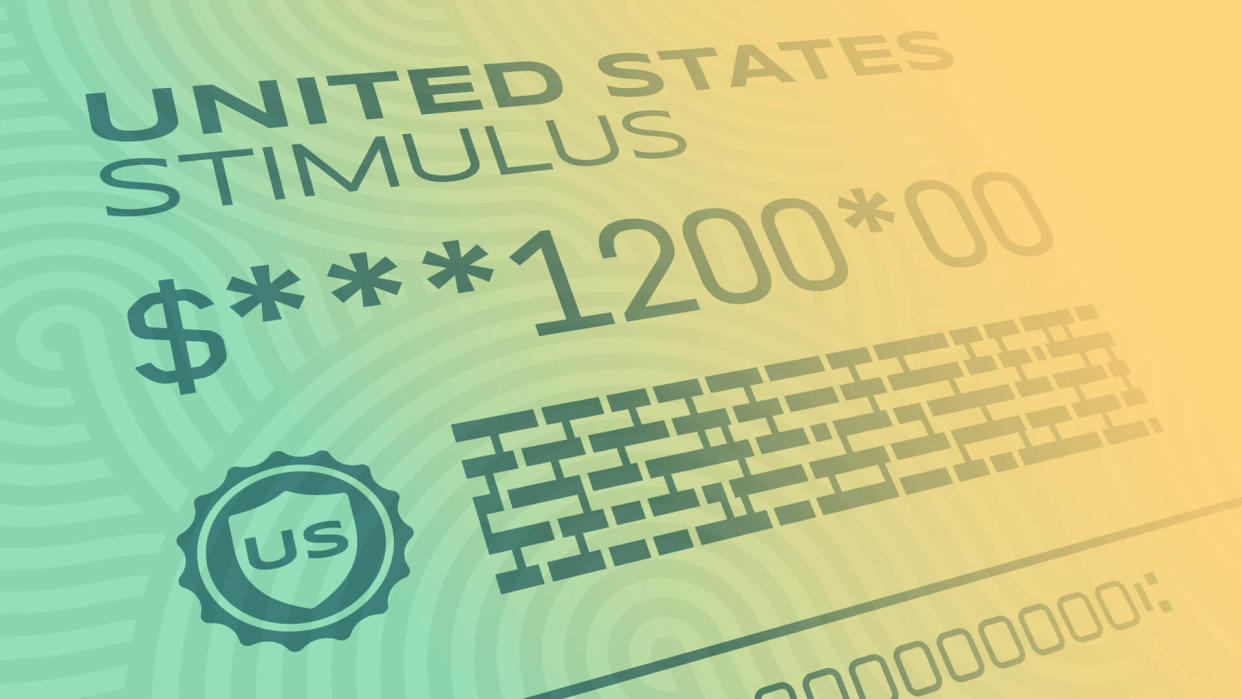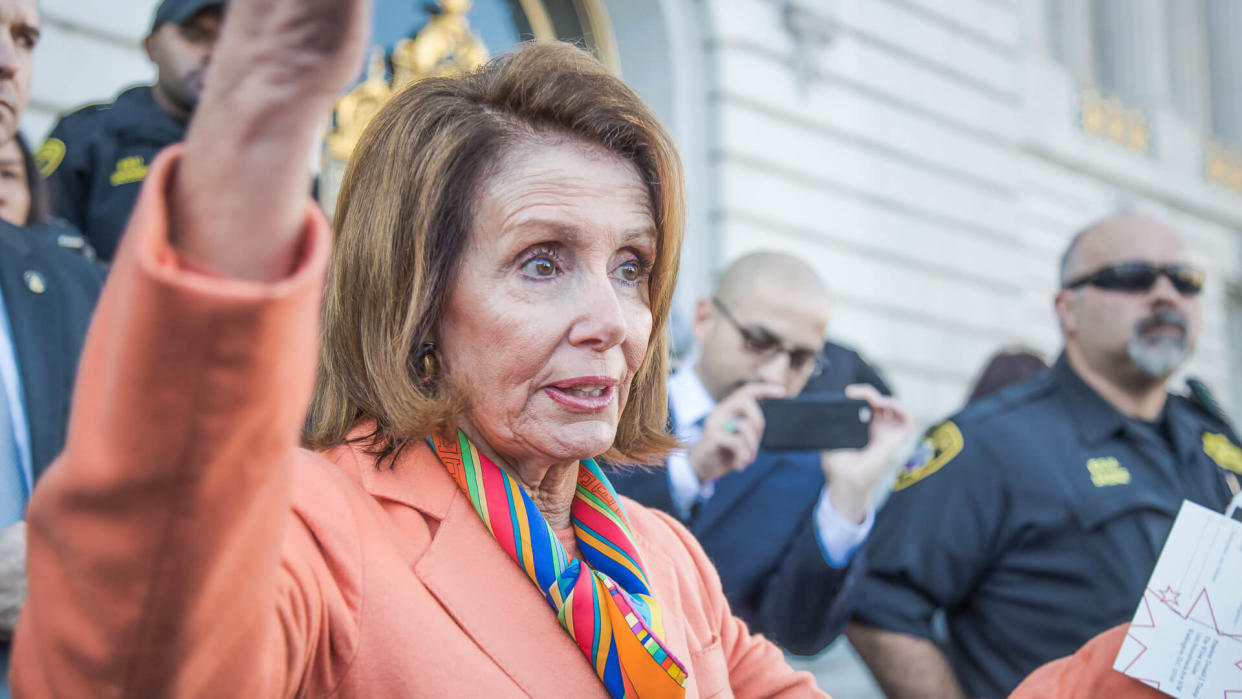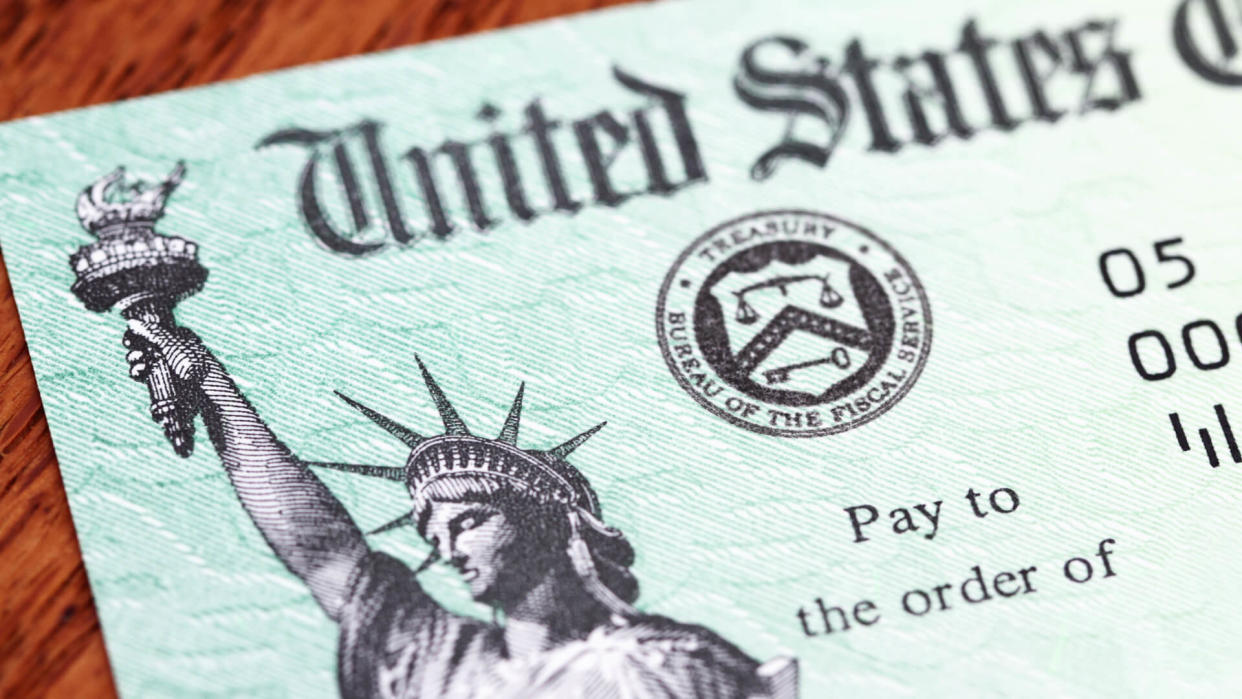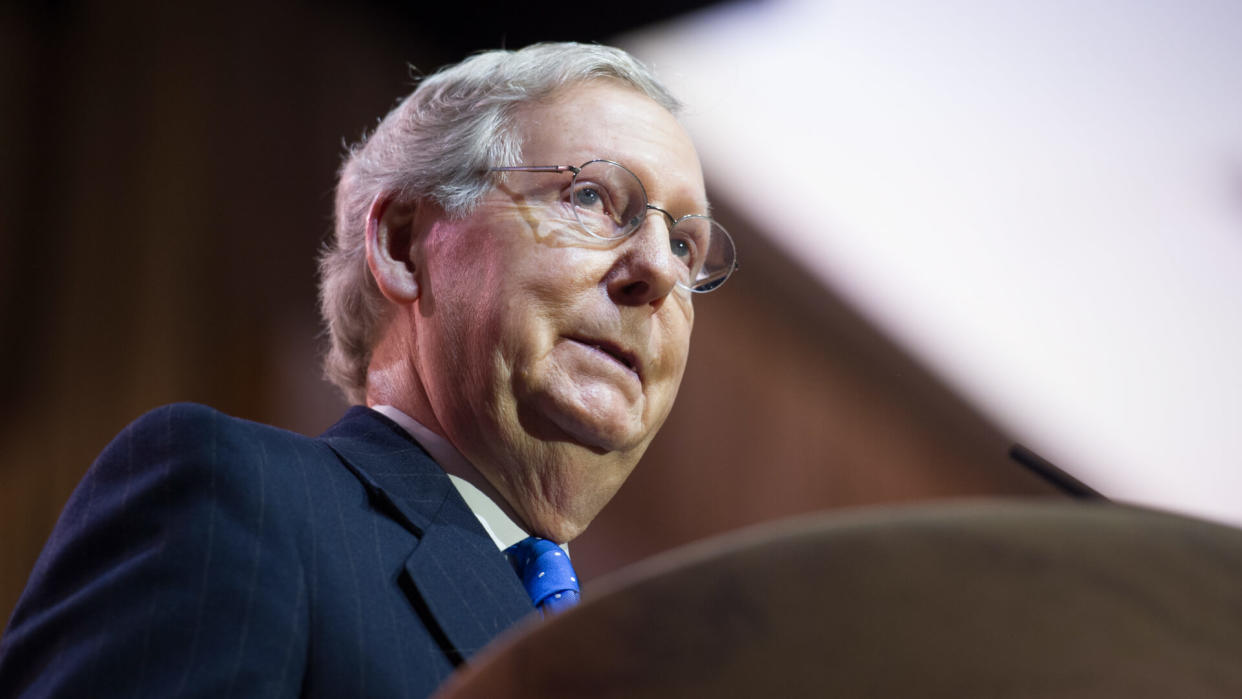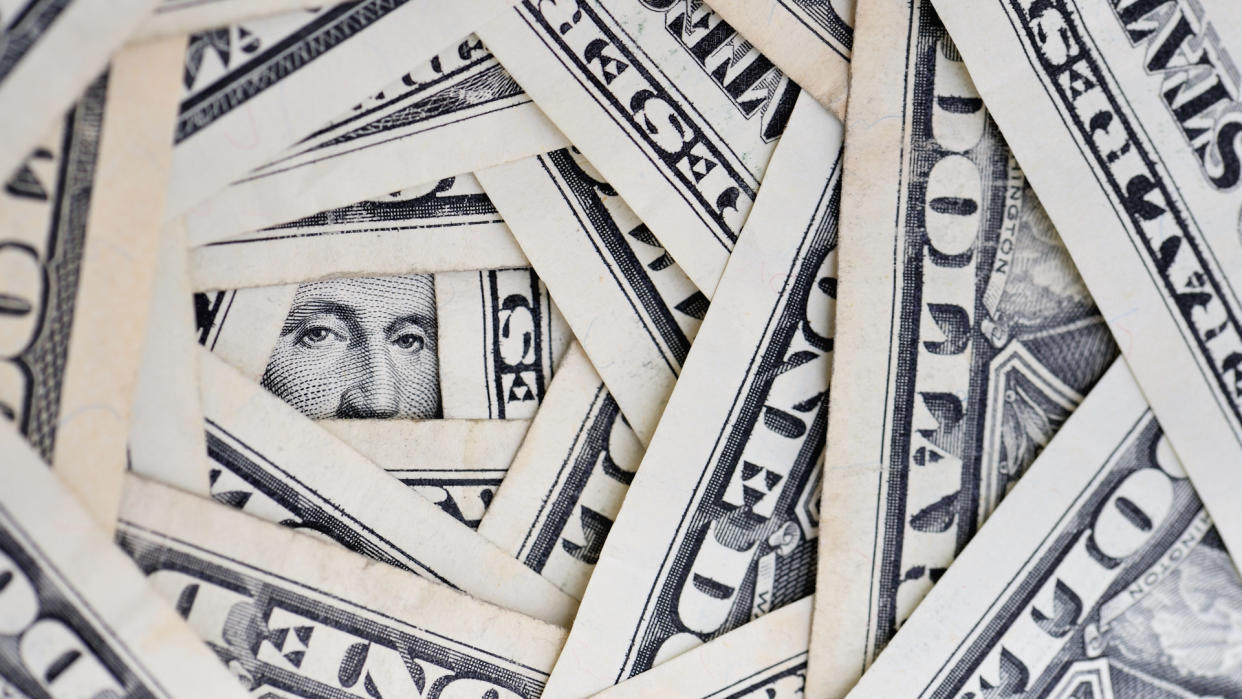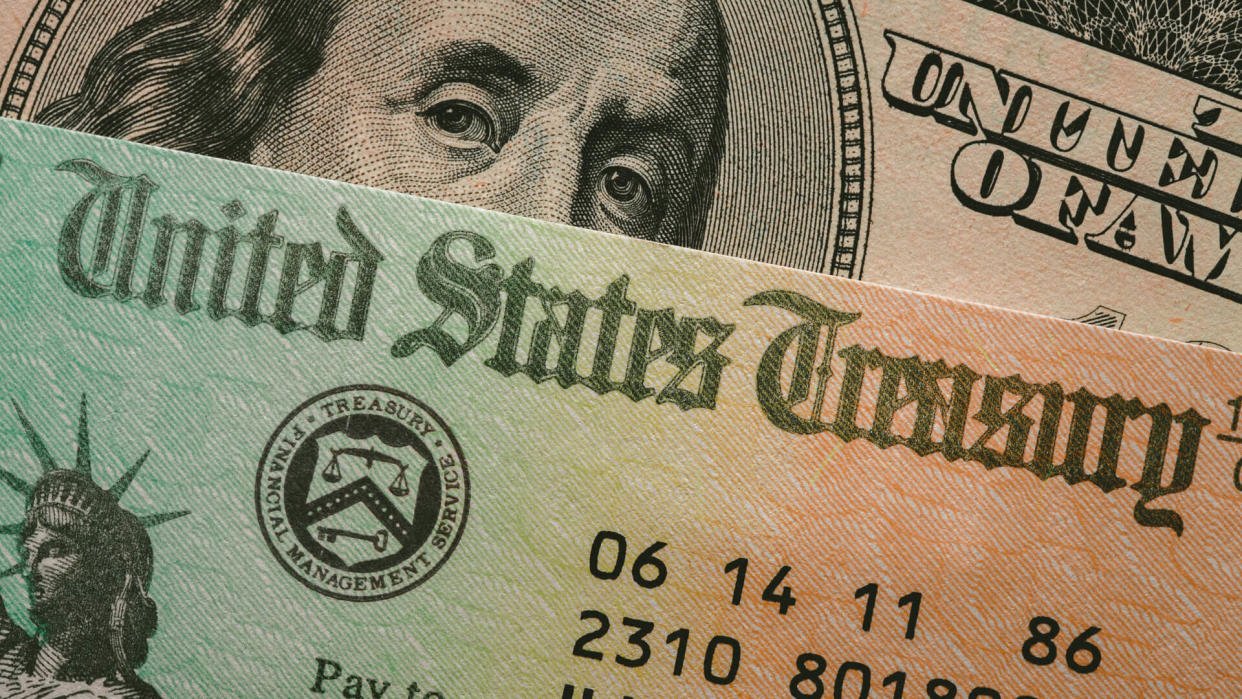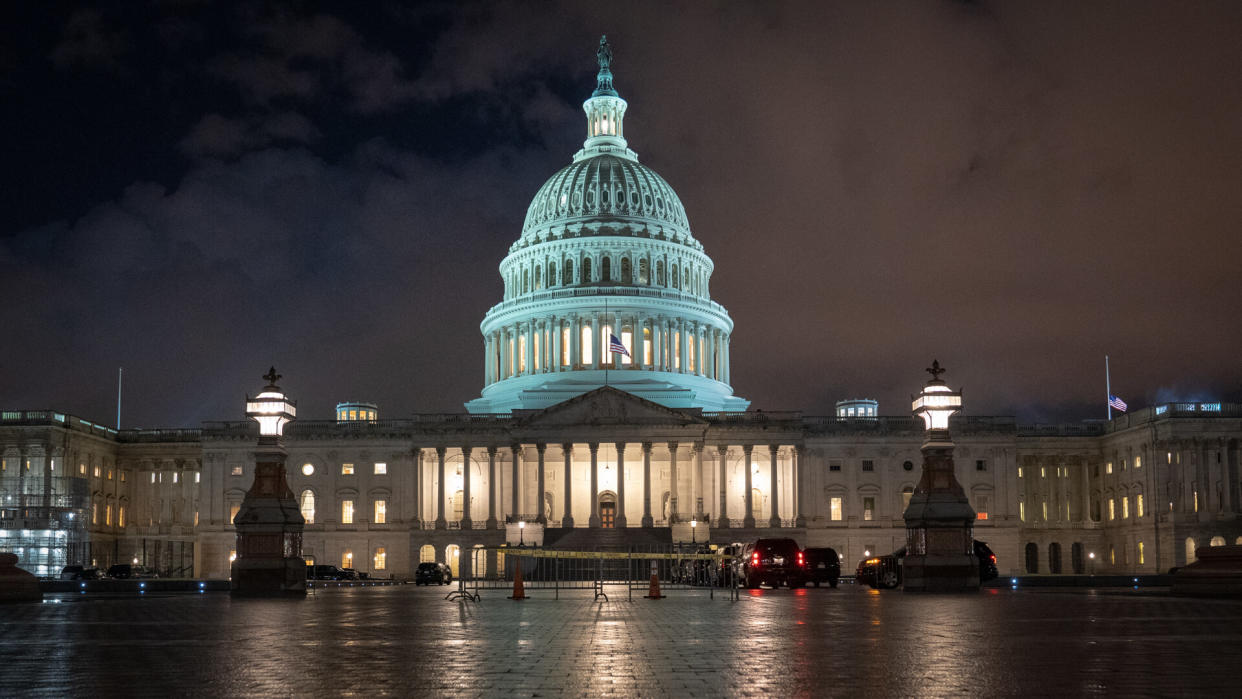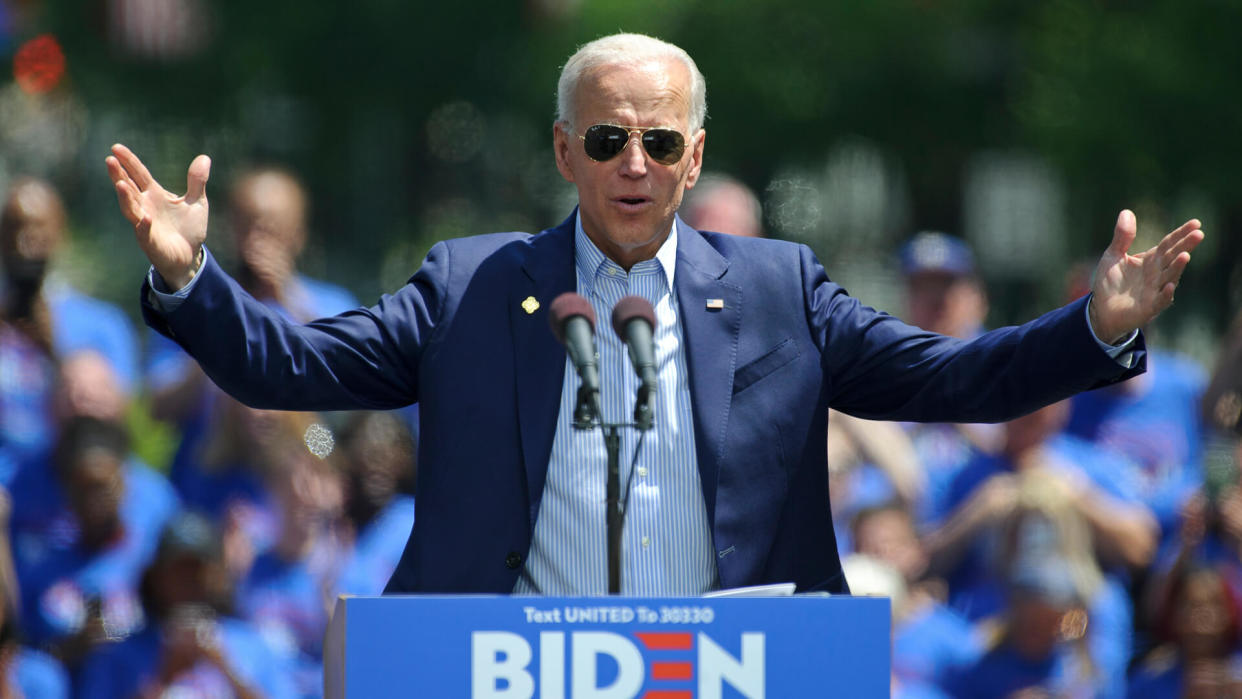10 Things Stopping You From Getting a Relief Check
Senate Majority Leader Mitch McConnell and his fellow Republicans unveiled a new 285-page stimulus plan on Sept. 7. This so-called “skinny” bill focuses on healthcare, education and economic issues and is a step down from the $1 billion plan Republicans put forth in July.
Of course, most Americans have little interest in reading 285 pages of proposed legislation. What most everyone else simply wants to know is, “Where is my relief check?”
The unfortunate truth is that relief for Americans is likely to be delayed yet again, for a variety of factors — especially after the skinny bill failed. But the news isn’t all bad. Read on to learn both why stimulus plans are currently struggling and why it might not be too long until the dam breaks.
Last updated: Oct. 19, 2020
1. Democrats Want Too Much
For the “current” round of stimulus, the Democrats were the first to move, passing $3 trillion in stimulus legislation way back in May. Perhaps unsurprisingly, the Republicans felt the price tag on that legislation was too high, and the bill was dead on arrival in the Senate. Unfortunately for the American people, the stalemate that begun with the passage of this legislation in May shows no signs of ending yet. In spite of the desperate need for relief from the economic devastation brought by the coronavirus, Americans are still waiting, thanks in part to the high price tag demanded by the Democrats.
How This Affects You
The balance of power between the Democrats and the Republicans is one of the great strengths of the American democracy. However, in this case, the gulf between the two political parties is as vast as ever. With the Democrats asking for stimulus that is far too expensive for the Republicans’ tastes, the likelihood of a relief check heading in your direction is unlikely for the time being. Negotiations will undoubtedly continue, but as of mid-September, the two sides are very far apart.
2. Republicans Are Offering Too Little
When it comes to politics, perspective may very well be everything. While those on the Republican side of the aisle may view the Democrats’ $3 trillion proposal as too generous, those leaning Democratic likely view the Republicans’ counteroffer as too stingy. The proposal put forth by the Republicans in July totaled just $1 trillion, and the September “skinny” bill offered even less total relief.
How This Affects You
Before you get excited about what the “skinny” bill has to offer, realize that the provisions discussed won’t make it into law. Thus, the specific proposals presented are for the moment essentially irrelevant to the American taxpayer. Although the provisions for another round of Paycheck Protection Program funding, $105 billion for schools and $300 per week in added unemployment benefits may be brought up again in future legislation, as this bill stands, it won’t meet Democratic approval and therefore won’t be making its way to Americans or the economy any time soon.
Find Out: How To Get the New $300 Federal Unemployment Supplement — And Other Essential Benefits
3. The Deficit Is Too Big
The federal budget deficit is the amount by which government spending exceeds revenue. In 2020, the U.S. deficit is projected to reach $3.3 trillion, which is more than three times the amount of the deficit in 2019. Any additional stimulus funding would negatively impact the federal deficit, perhaps driving it to $4 trillion or even more, depending on the size of the approved stimulus.
How This Affects You
Some in Congress are saying that enough is enough when it comes to the federal deficit. Voting to pass trillions of dollars in additional stimulus is simply a nonstarter for some in Congress. As a result, the odds of receiving another stimulus check are diminished compared to earlier in the year. The upside for taxpayers is that resistance to increasing the federal deficit improves the government’s financial position. However, that is a small consolation for the many Americans who need direct financial assistance as soon as possible.
4. Unemployment Benefits Are Too Small
The new Republican legislation includes $300 in additional weekly federal unemployment benefits. This is down from the $600 additional monthly payments that were approved in earlier legislation and that expired at the end of July. This is another major point of contention between the Republicans and the Democrats, as the Democrats have proposed restoring the original $600 weekly benefits.
How This Affects You
At some point, it seems as if additional federal unemployment compensation is on its way to those who need it. The devil is in the details, as they say, with the gap between the $300 proposed by the Republicans and the $600 sought by the Democrats causing a huge rift, making this payment another obstacle standing between you and additional stimulus.
Damage Report: Coronavirus’ Effect on Employment in Every State
5. No Stimulus Checks in Legislation
The Republican “skinny” bill passed in early September contains no language referencing a stimulus check for Americans. While the idea of a $1,200 stimulus check has been bandied about for months, the legislation that the Republicans put forth doesn’t mention that check at all. If subsequent negotiations continue in this manner, Americans will be left out in the cold when it comes to an additional stimulus check.
How This Affects You
The ramifications of this legislation are clear: There won’t be a $1,200 check in your mailbox anytime soon. However, there is certainly still hope for checks sometime in the future. Before the presentation of this bill, Republicans had been supporters of direct stimulus checks. As Democrats have consistently included stimulus payments in their proposals, they are likely to be a subject for further debate as the two sides hash out legislative details.
6. Lawsuit Protections for Businesses
One of the key provisions of the Republican coronavirus response has been protection for businesses from COVID-19 exposure lawsuits. The idea is that companies can open more rapidly — and the economy can recover more quickly — if they are protected from consumer and employee lawsuits. This protection would not apply in the case of gross negligence or willful misconduct.
How This Affects You
The Republican insistence on employer protection is another sticking point with the Democrats, who have no mention of such lawsuit avoidance in their coronavirus proposals. On the contrary, the Democratic position is that protecting employers can lead to abuse of employees, who would then have no recourse if they got sick at work and no protection if they didn’t go to work out of fear of contracting the illness. With the two sides appearing far apart on this issue, it could be a stumbling block to passing further stimulus legislation.
Take a Look: How the Economy Is Doing in 30 Coronavirus Hot Spots
7. Funding for State and Local Governments
The September coronavirus package from the Republicans provides no direct assistance for cities and states. This is a dramatic difference from the Democratic proposal, which provides for nearly $1 trillion in pandemic-related assistance for states, cities and counties. This $1 trillion is more than the relief provided in the entire “skinny” bill put forth by the Republicans.
How This Affects You
American taxpayers would be indirect beneficiaries of the $1 trillion the Democrats propose to send to state and local governments. That money would be earmarked for essential services, which are municipal and community amenities that benefit all residents, including you. Under the Republican proposal, state and local governments would not receive additional aid at this time, leaving them to fend for themselves to help their own residents.
8. General Appropriations for the US Postal Service
The informal motto of the U.S. Postal Service suggests that the service can deliver through any type of adversity, but it may have met its match in the federal government itself. In August, the new postmaster general announced cost-cutting measures that led to widespread mail delays. Later that same month, many of those changes were postponed due to public outcry. To help address this issue, the Republican coronavirus response proposes to offer the USPS a $10 billion forgivable loan.
How This Affects You
Getting money for the USPS is great, but once again, the gap between the Republican and Democratic positions is wide. When the Democrats passed their stimulus legislation in May, they allocated $25 billion for the Postal Service, 2 1/2 times as much as the Republican “skinny” bill affords. At this juncture, it seems likely that the USPS will receive some additional funding, but the wrangling over the details could delay general stimulus even further.
9. There's an Upcoming Election
There’s no way to avoid the political ramifications of the entire stimulus package fight. With elections coming up in November, political optics are more important than ever. Both sides of the aisle want to come off looking good so their members up for reelection can win. For both Democratic and Republican hard-liners, this means digging into their positions even further to show how they are standard-bearers for their political positions.
How This Affects You
While politicians in Washington are busy articulating their positions, Americans continue to suffer. Many taxpayers were expecting relief much earlier in 2020, but as of mid-September, the next stimulus package is still in limbo. Even the $1,200 checks that seemed like a sure thing in midsummer are now up for debate. It seems logical that some type of relief would be provided to Americans before the November elections, but the process is still unfolding.
10. The 'Skinny' Bill Failed
As of Sept. 10, the Republican proposal referred to as the “skinny” bill officially failed in Congress. The legislation needed 60 votes to even get out of the Senate, and it couldn’t muster the required support. All Senate Democrats and one Senate Republican voted against the bill. This sends the Republicans back to the drawing board to draft a bill that might have more chance of bipartisan approval.
How This Affects You
Just because this bill didn’t get Congressional approval doesn’t mean the next round of stimulus is dead. Political posturing will no doubt continue as both Democrats and Republicans attempt to get their vision of coronavirus stimulus passed. Points of contention seem to be more about the amounts involved rather than the actual provisions of the bills, although it’s notable that the recent Republican bill makes no mention of direct stimulus checks or state and local government funding.
The bottom line, however, is that until the two sides can both make some concessions, you won’t be getting a stimulus check of any kind.
More From GOBankingRates
This article originally appeared on GOBankingRates.com: 10 Things Stopping You From Getting a Relief Check
